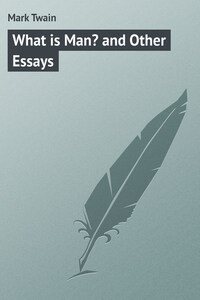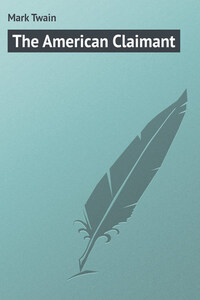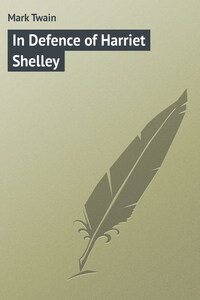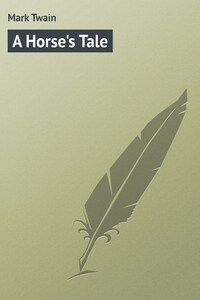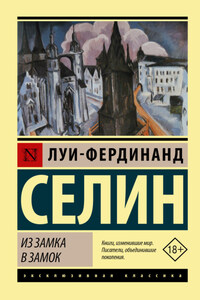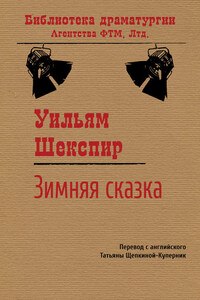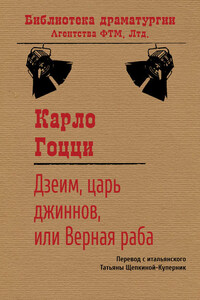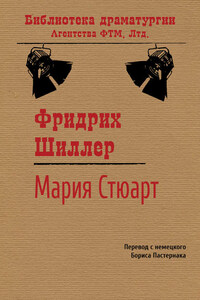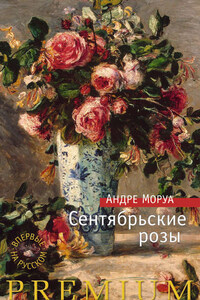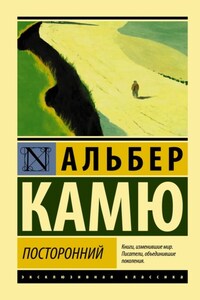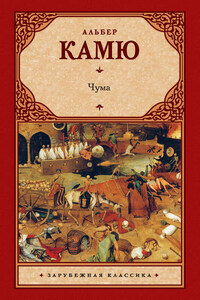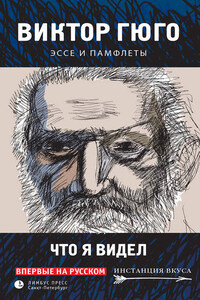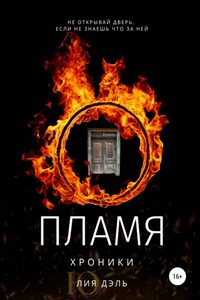All the journeyings I had ever done had been purely in the way of business. The pleasant May weather suggested a novelty namely, a trip for pure recreation, the bread-and-butter element left out. The Reverend said he would go, too; a good man, one of the best of men, although a clergyman. By eleven at night we were in New Haven and on board the New York boat. We bought our tickets, and then went wandering around here and there, in the solid comfort of being free and idle, and of putting distance between ourselves and the mails and telegraphs.
After a while I went to my stateroom and undressed, but the night was too enticing for bed. We were moving down the bay now, and it was pleasant to stand at the window and take the cool night breeze and watch the gliding lights on shore. Presently, two elderly men sat down under that window and began a conversation. Their talk was properly no business of mine, yet I was feeling friendly toward the world and willing to be entertained. I soon gathered that they were brothers, that they were from a small Connecticut village, and that the matter in hand concerned the cemetery. Said one:
“Now, John, we talked it all over amongst ourselves, and this is what we’ve done. You see, everybody was a-movin’ from the old buryin’-ground, and our folks was ’most about left to theirselves, as you may say. They was crowded, too, as you know; lot wa’n’t big enough in the first place; and last year, when Seth’s wife died, we couldn’t hardly tuck her in. She sort o’ overlaid Deacon Shorb’s lot, and he soured on her, so to speak, and on the rest of us, too. So we talked it over, and I was for a lay out in the new simitery on the hill. They wa’n’t unwilling, if it was cheap. Well, the two best and biggest plots was No. 8 and No. 9—both of a size; nice comfortable room for twenty-six – twenty-six full-growns, that is; but you reckon in children and other shorts, and strike an average, and I should say you might lay in thirty, or maybe thirty-two or three, pretty genteel – no crowdin’ to signify.”
“That’s a plenty, William. Which one did you buy?”
“Well, I’m a-comin’ to that, John. You see, No. 8 was thirteen dollars, No. 9 fourteen—”
“I see. So’s’t you took No. 8.”
“You wait. I took No. 9. And I’ll tell you for why. In the first place, Deacon Shorb wanted it. Well, after the way he’d gone on about Seth’s wife overlappin’ his prem’ses, I’d ‘a’ beat him out of that No. 9 if I’d ‘a’ had to stand two dollars extra, let alone one. That’s the way I felt about it. Says I, what’s a dollar, anyway? Life’s on’y a pilgrimage, says I; we ain’t here for good, and we can’t take it with us, says I. So I just dumped it down, knowin’ the Lord don’t suffer a good deed to go for nothin’, and cal’latin’ to take it out o’ somebody in the course o’ trade. Then there was another reason, John. No. 9’s a long way the handiest lot in the simitery, and the likeliest for situation. It lays right on top of a knoll in the dead center of the buryin’ ground; and you can see Millport from there, and Tracy’s, and Hopper Mount, and a raft o’ farms, and so on. There ain’t no better outlook from a buryin’-plot in the state. Si Higgins says so, and I reckon he ought to know. Well, and that ain’t all. ’Course Shorb had to take No. 8; wa’n’t no help for ’t. Now, No. 8 jines onto No. 9, but it’s on the slope of the hill, and every time it rains it ’ll soak right down onto the Shorbs. Si Higgins says ’t when the deacon’s time comes, he better take out fire and marine insurance both on his remains.”
Here there was the sound of a low, placid, duplicate chuckle of appreciation and satisfaction.

